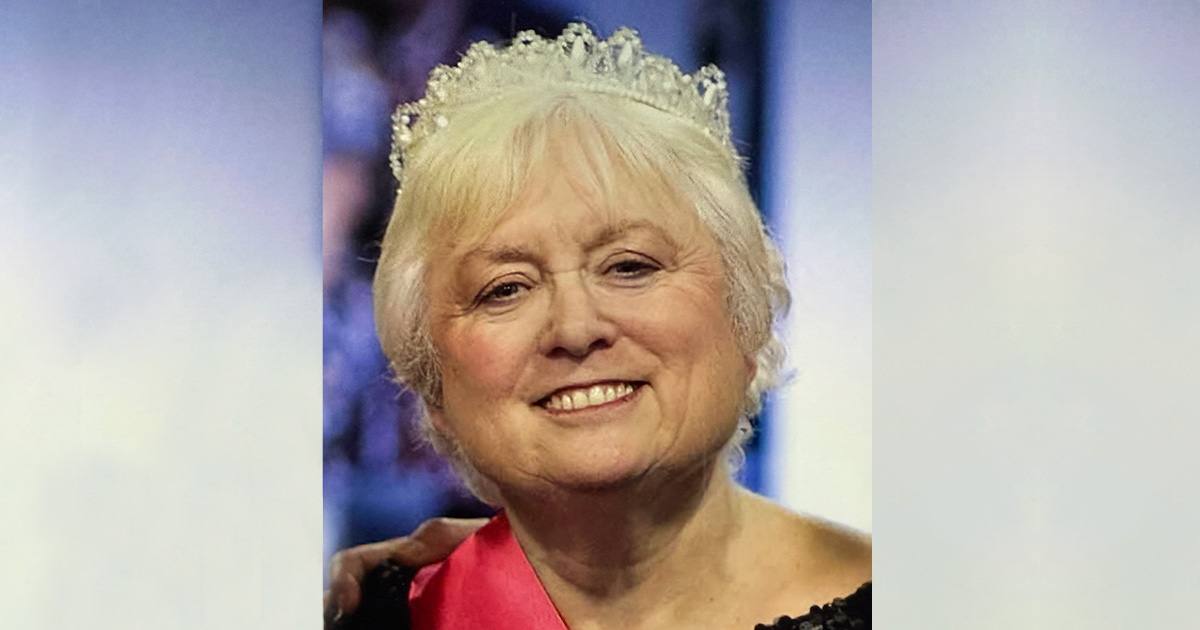It is great news that, after many years and much hard work, the national diabetes nursing degree course has been validated by the University of York and will commence this September, as announced in the Link section of the last issue of this journal (page 37).
This is the first opportunity for diabetes nurses who are relatively new to the specialism, and those who wish to specialise in diabetes in the future, to acquire degree level education specifically designed to prepare them for the role. For those who already have a degree, but wish to expand their knowledge of diabetes nursing, a graduate diploma is the alternative qualification.
Content, curriculum and application of knowledge
There have, of course, been other routes into diabetes nursing in the past that have served us well, such as more general health-related degree courses and diabetes modules that have been taken as part of these. However, the clinical component of these courses has often been lacking or insufficient, and nurses appointed to specialist posts have usually had to acquire this knowledge from experience and self-directed study retrospectively. The national degree course enables individuals to directly relate the knowledge acquired in the classroom to their clinical practice, in an immediate and direct fashion. This is one of its main strengths.
Another strength is that the course curriculum has been developed by experienced nurse academics who have practiced in diabetes nursing in the past (or are still practicing!) and are currently engaged in delivering diabetes education, as well as diabetes specialist nurses presently in post. The group has therefore had the benefit of understanding the educational needs of diabetes nurses from an ‘insider’s’ perspective.
An additional positive aspect of the course is that it is suitable for nurses working with people with diabetes in all settings, as well as different ‘types’ of diabetes nurse. A practice nurse who wishes to expand his or her role to deliver enhanced services, or a nurse working in primary care with a view to becoming a specialist nurse, as described in Liberating the Talents (Department of Health, 2002), for instance, may find the course ideally suited to their needs.
A qualification specifically for nurses
One current trend in education is for all health professionals to be taught together to ensure a better understanding of each others’ roles and sometimes to enable various ‘traditional’ aspects of each profession’s task list to be undertaken by others. The giving of dietary advice, or the adjustment of insulin doses are two examples of this. However, the role of nurses in delivering care to people with diabetes in all settings is crucial, and also fundamental to the delivery of the National Service Framework for diabetes.
It is important that courses designed to meet the needs of people with diabetes are not subsumed by the generic requirements of improved working relationships, particularly as so many multi-professional diabetes courses now exist. For this reason the new course was designed to focus specifically on the needs of nurses.
Making the degree available to all
The work of the group now is to endeavour to ensure the course is available in sites other than York, to enable those living and working in other parts of the country to access it. Needless to say, as this work progresses information updates will be available, so watch the Link space. There may be a diabetes nursing degree coming your way soon!





International Diabetes Federation officially recognises “type 5 diabetes”, decades after first being observed.
24 Apr 2025